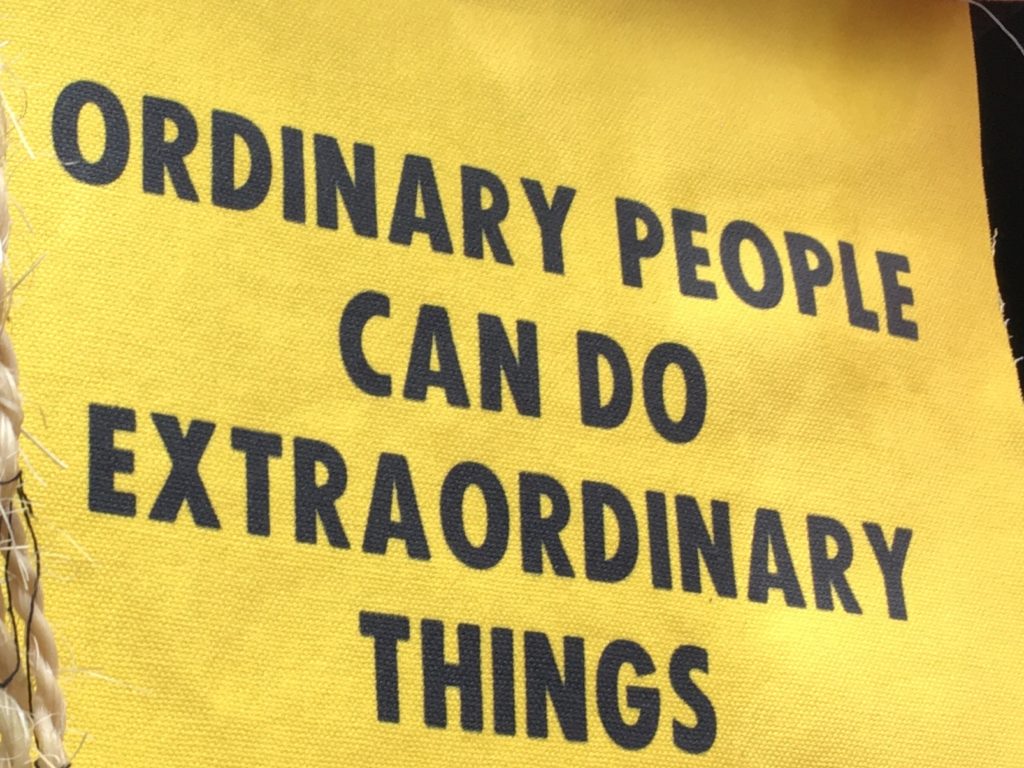A few weeks ago, at the end of a workshop where there had been high engagement and energy in the room, someone said to me “Is this a typical day for you, as Research for Real?” What a great question. I said something like, “well not every day is like this, but it’s not unusual.”
Research for Real is 17 years old. When I started out, I didn’t really know what I was letting myself in for. Someone I respected said that I was ‘brave, but not foolhardy.’ I have never regretted taking that step, even if I sometimes still miss the corporate IT Helpdesk.
In pursuit of worthwhile work, the last 17 years have brought me into contact and partnership with a fantastic mix of people who share the common goal of making a practical difference. There have been loads of highlights: in recent years, for example, the work to evaluate the Cedar programme for children experiencing domestic abuse which underpinned £11m of funds being put into the programme in Scotland. Getting involved in facilitating My Home Life a leadership programme originally for managers of care homes for older people and, through that work, developing a deeper understanding of appreciative action research has been immensely inspiring. Last year, going to the Faroes spurred me to write about ‘new territories for evaluation’ for Collective Leadership Scotland. Closer to home, this week I’ve been writing up recent work on human rights in care homes and facilitating a session working with stories that brings surprise and much learning every time we do it. It’s learning-in-action.

My own learning edges are getting pushed. I’m often in a ‘Learning Partner’ role and there’s lots to explore there about what this means and how it might be distinct from being an evaluator. I’m hosting an on-line action learning set that’s interested in their own facilitation practice and I’m working with familiar faces and new colleagues to develop an approach to Dynamic Impact Analysis using System Dynamic modelling.
Many will appreciate that the wider environment is so different to November 2002. There’s much more interest in and knowledge of action research. More people are interested in asset-based approaches, complexity and systems leadership and there are many more opportunities to be part of these wider networks and conversations. There’s much more interest in working with and using stories and, yes, still work to be done in understanding their purpose and validity.
This new territory feels really promising. I think there are opportunities to help us notch up our practice and think more about quality in action research. I was challenged recently about why I still contribute to peer-reviewed publications, work that is unpaid, often done to a tight deadline and which, in the gloomiest moments, one fears, may not be read. Most simply, writing makes me read and reading helps me understand what it is that I think I am doing and how it might be better. It brings me into contact with a whole lot of other work across the world from which I can learn and reinvigorates me to feel able to keep going. I’ve been reviewing the history of action research in the UK since 1945 for a book chapter to be published in 2020 and wondering whether action researchers can worry less about definitions and distinctions amongst us and find ways to connect and highlight strengths and commonalities. I’ve been thinking about action learning and action inquiry and the prospects of nurturing the collective capacity to lead through different kinds of conversations. It feels to me that it’s all worthwhile work.
